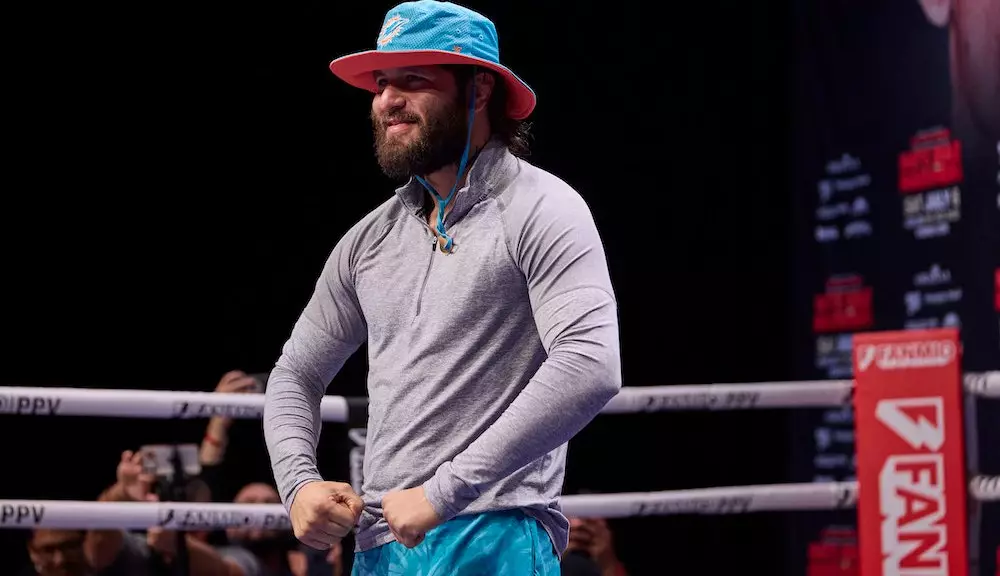Jorge Masvidal, with a professional record of 35 wins and 17 losses, has had a turbulent series of events in his MMA career. His desire to return to the octagon after officially retiring following a unanimous decision loss to Gilbert Burns in April 2023 indicates a restlessness that many fighters experience post-career. Masvidal’s defeat marked not just a personal low, but also the culmination of four consecutive losses, which can weigh heavily on any athlete’s psyche. His newfound interest in facing Leon Edwards is certainly intriguing, especially given the unresolved tension between the two fighters. Yet, there are underlying concerns about whether this is a strategic move or a sign of desperation.
Chael Sonnen, a notable figure in the MMA community, has been vocal about Masvidal’s predicament. Sonnen argues that Masvidal’s callout appears to stem from a place of frustration rather than a clearly defined goal. He describes Masvidal’s approach as “looking thirsty,” a phrase denoting desperation rather than determination. This critique raises vital questions about authenticity in combat sports, where fighters must balance personal ambition with the public’s perception of their motivations. The idea of “selling” oneself in the face of dwindling performance is crucial; a fighter’s ability to present their desires as more than mere financial incentives is essential for maintaining fan support and credibility.
While the prospect of a showdown between Masvidal and Edwards is tantalizing for fans, the practical implications must be considered. Sonnen points out that the fight might not lead either competitor toward a title shot, making it a strategic misstep. This analysis is significant considering that the stakes in fighting are inherently high, with every bout potentially affecting one’s ranking and marketability. The logistical hurdles of arranging fights become even more pronounced when factors such as age and recent performance come into play.
Masvidal is approaching the age where many fighters contemplate retirement seriously, and if he cannot secure bouts that propel him towards title contention, he risks settling into a legacy defined more by losses than victories. Additionally, Edwards, having previously lost his welterweight title, may not see the fight as beneficial to his own career trajectory.
In a broader context, the dynamics between Masvidal and Edwards could reflect larger trends in the UFC regarding how aging fighters navigate their careers post-prime. With the sport’s increasing competitiveness, any misstep could have lasting implications, not just for individual fighters but also for promotional dynamics within the organization. If Masvidal truly intends to return, he faces both the challenge of proving his worth in the octagon and maintaining his appeal among promoters and fans.
Jorge Masvidal’s aspirations to re-enter the UFC and fight Edwards reveal the complexities of a sport where personal ambition often collides with practical realities. While fans eagerly await developments, the fighters must navigate a landscape fraught with risks, both personal and professional.

